Earth to Mercedes F1 race team: Black liveries DON'T matter
If you think painting a couple of F1 cars black is a viable pathway to diversity and inclusiveness, I have to ask: What colour is the sky on your world?
A victory for inclusivity in Formula One … or politically correct tokenism promoted by vacuous windbags? How new paint on the Silver Arrow F1 race cars highlights a contrast in the boardroom at parent company, Daimler.
A quick Lewis Hamilton update: I’m sure the F1 champ is operating from a place of generally good intentions, although sometimes he’s a pest, like most of us, but Mr Hamilton’s recent high-profile comments on racism, slavery and related issues do seem to me to be - at best - somewhat ignorant of prominent 20th Century history, in respect of acknowledged historical facts concerning the conduct of two of Mr Hamilton’s biggest sponsors.
I covered this in an earlier report.
Boss, Benz and slavery
These companies - Mercedes and Hugo Boss - used slave labour in World War II. It’s impossible for a rational person aware of modern history to overlook this inconvenient fact. So it does seem - let’s be kind - odd, or perhaps ignorant, for Mr Hamilton to appoint himself a retrospective anti-slavery ambassador when he has made millions from companies which put themselves on the map using slave labour in the middle of the 20th Century. Just saying.
There’s no credible debate about whether they used slave labour in WWI. None. It’s a fact. I’ve done a full report on that, presented in what I hope is a fair and balanced way. It’s here: Lewis Hamilton’s selective take on slavery
More: Forced labor under German rule during WWII >>
I mean no disrespect to Mr Hamilton. This report is not a vector for hate or vilification of him. He is a legendary driver, of outstanding calibre. There’s no doubt on that, either. But perhaps he should just stick to doing that, because the facts are not retrospectively malleable. All slavery is unconscionable, surely?
Paint it black
The twist here is of course that the Mercedes F1 cars - the legendary ‘silver arrows’ - are no longer silver. They’re painted black this year. A symbolic gesture of support for the ‘Black Lives Matter’ movement, at Mr Hamilton’s behest.
They will race for the very first time in this new, emblematic non-color this weekend. Mr Hamilton and his team-mate will race in corresponding black overalls this year, as well, and the ‘End Racism’ message will be displayed on both cars.
Mr Hamilton said:
“It’s so important that we seize this moment and use it to educate ourselves whether you are an individual, brand or company to make real meaningful changes when it comes to ensuring equality and inclusivity.” - Lewis Hamilton
Real and meaningful changes when it comes to ensuring equality and inclusivity. These buzzwords are straight from the social justice warrior handbook, I’m pretty sure. To which I would respectfully retort:
Equality and inclusivity are essential for any truly free and enlightened society. Ending racism is an admirable objective. But two black cars and matching jumpsuits, plus a slogan, does not constitute ‘meaningful change’ in this area. It just doesn’t. Or, if it does, I don’t see how. It does not even illuminate a path, in that broad direction, in my estimation.
This new non-colour scheme is hardly a turnaround for repressed groups anywhere. It’s just not. It’s a shallow, virtue-signalling token in my estimation - and you are of course free to make your own determination on this. I could be unable to judge by virtue of simply being a tired old white-skinned cynic whose association with the mainstream media for decades has sucked out his soul and left him a withered husk.
Certainly black lives matter. All lives matter. Equally. Obviously. Ending racism is admirable. I have no problem with the theory here - just the execution in this case.
Meet the (apparently pale) Daimler board of management
I say this because … well, let’s set the scene. I say it because Mercedes is owned by Daimler AG, in Germany, which was founded 94 years ago. In 2019 Daimler enjoyed revenue of 173 billion Euros, it produced 3.3 million vehicles and it employed almost 300,000 people. More on the staggering size of Daimler.
I find this whole charge towards inclusivity … led by black race cars and matching jumpsuits, this F1 sideshow, to be unbelievably shallow and incredibly tokenistic because … well, because just over there on the right is the board of management of Daimler.
I’m not making it up. Here’s the verification.
Out of 300,000 people on the payroll, these are the six dudes and duos dudettes who rose to the top.
I’m not a sociologist, or a genealogist, or a geneticist, or any other kind of expert on race, heritage or ethnicity, so I could be dead wrong, but as far as the superficial optics go … it seems fair to say that perhaps Daimler could try just a little bit harder to represent, on the ‘diversity’ front, in the boardroom. If they really do care about this issue.
Because they sure as shit seem to be cut from the same cultural cloth to me. Perhaps they are, in fact, the eight best people for the job. Perhaps there is a wide-ranging cultural diversity in the boardroom, which is less than apparent to the eye. And perhaps other non-ability-related criteria factored into their selection, because of a latent and less than enlightened defect in the selection process.
I’ll leave that to you to debate, in the comments below.
Perhaps diversity is a real challenge to be embraced by the Daimler AG board, once they get society more broadly back on track with those vital black race cars and matching driver jumpsuits. I wish them good luck with that, but I do fear it will be … ineffective.
If one wanted to make real change here, vis-a-vis inclusivity, I’d suggest that boardrooms of this nature would not be a bad place to start the process - so long as the best-qualified people get the top jobs, ultimately.



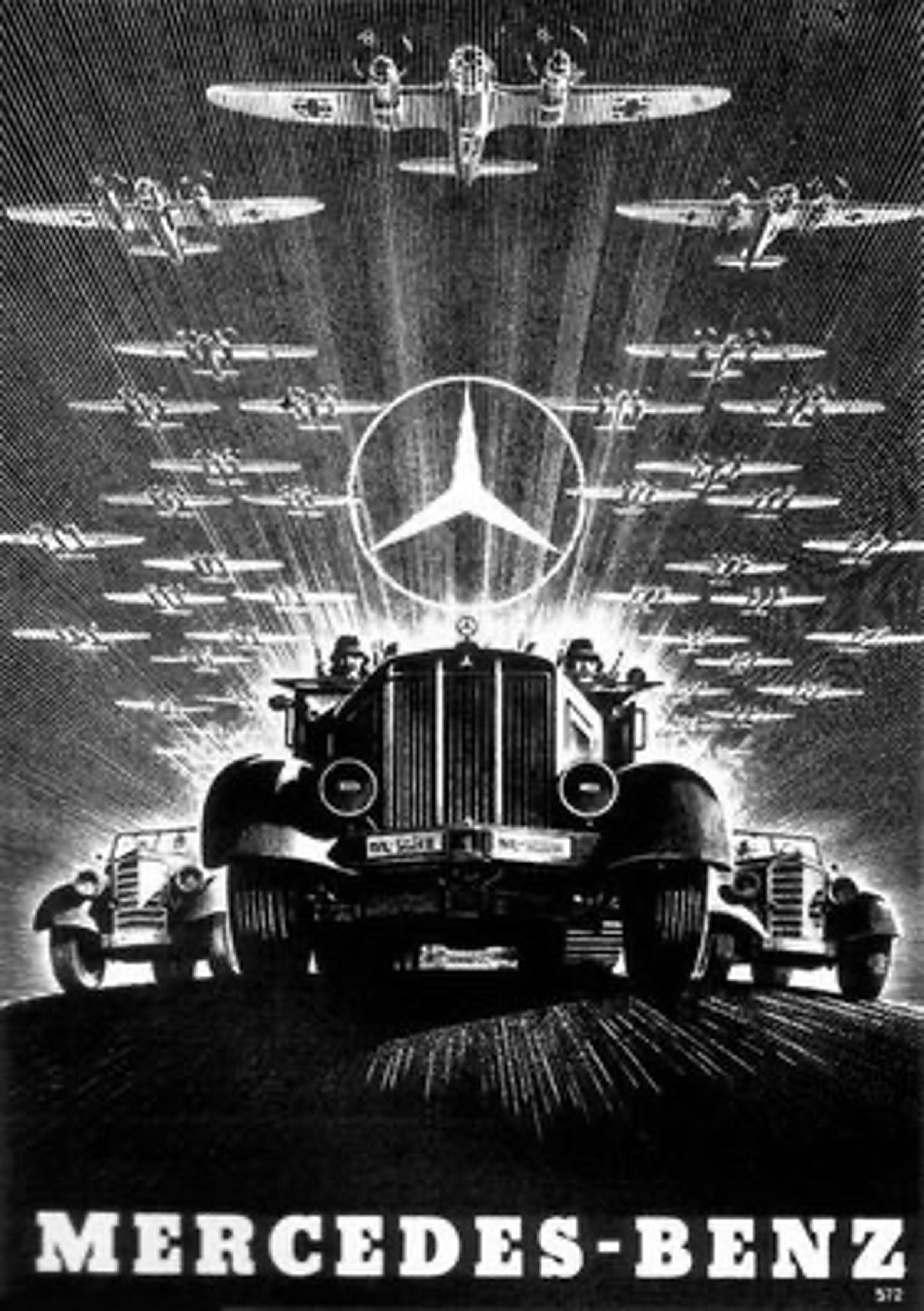
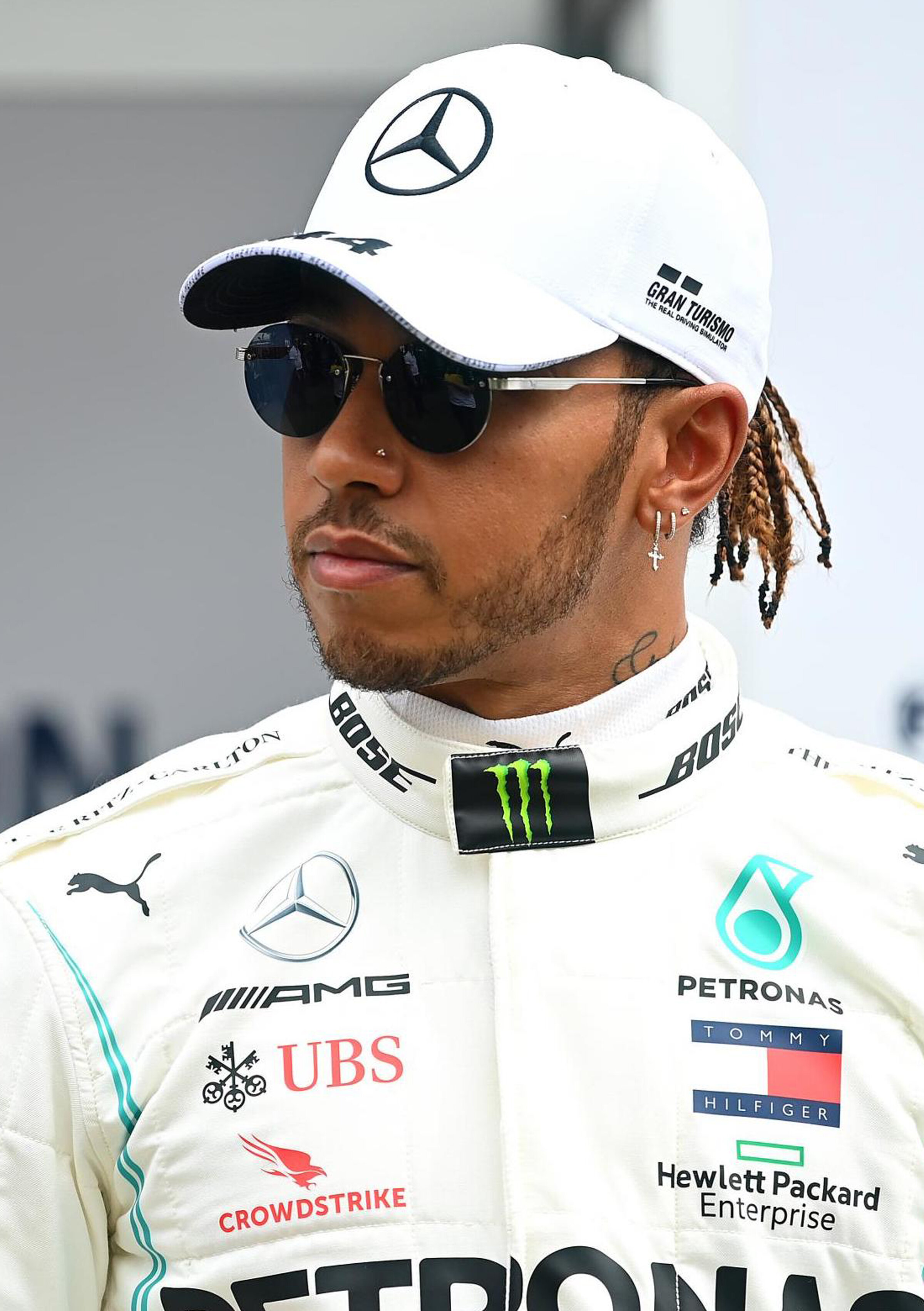






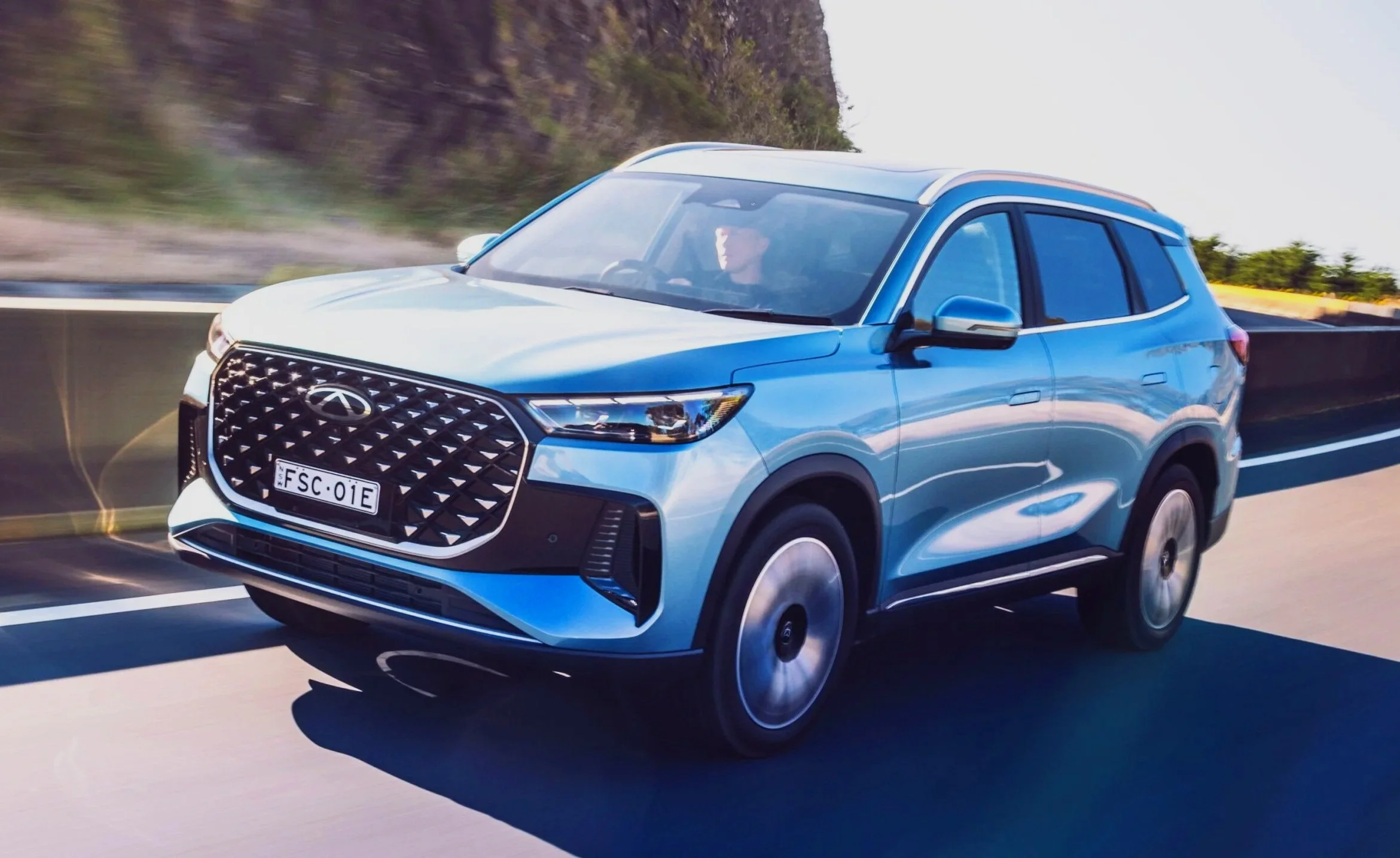
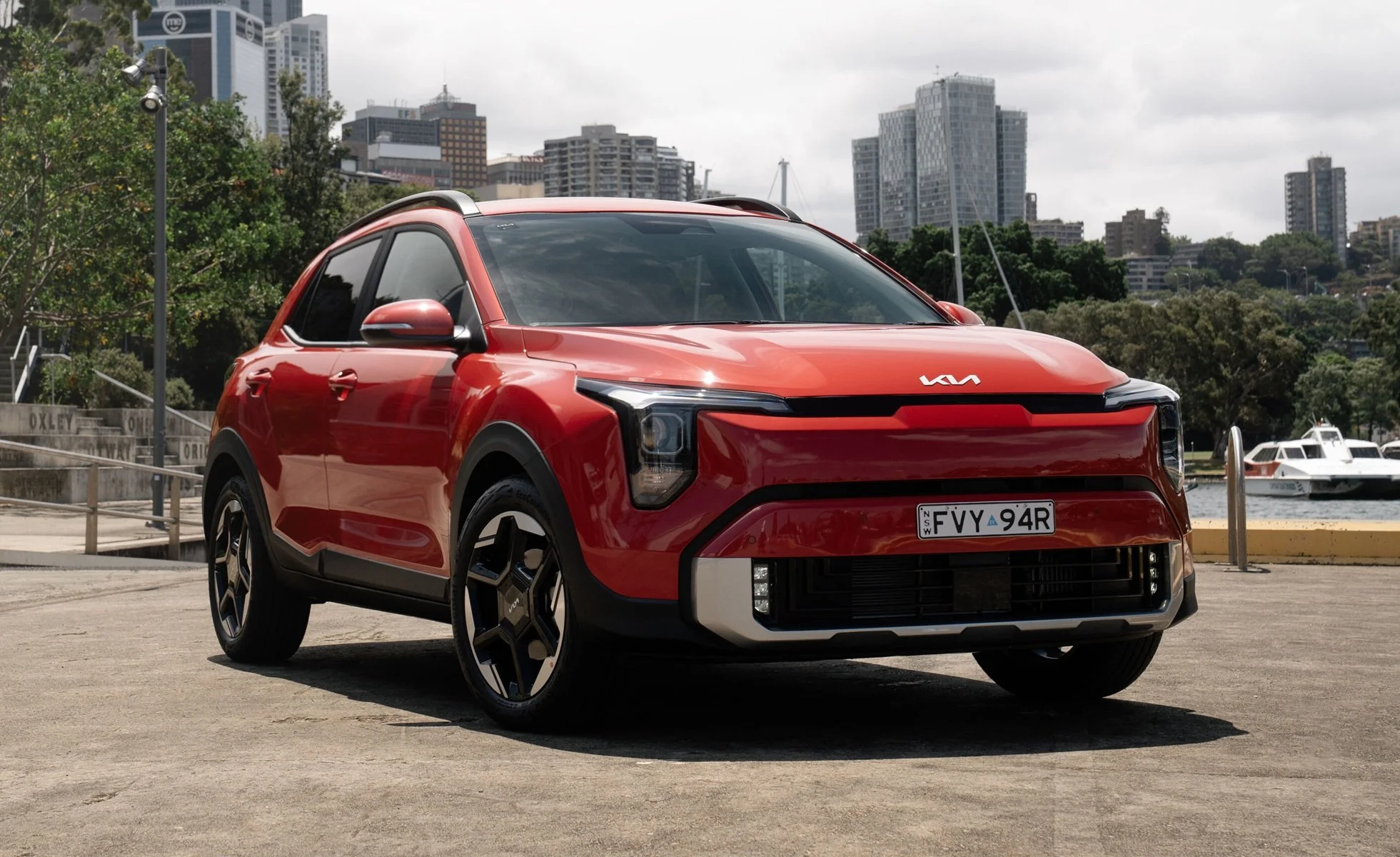
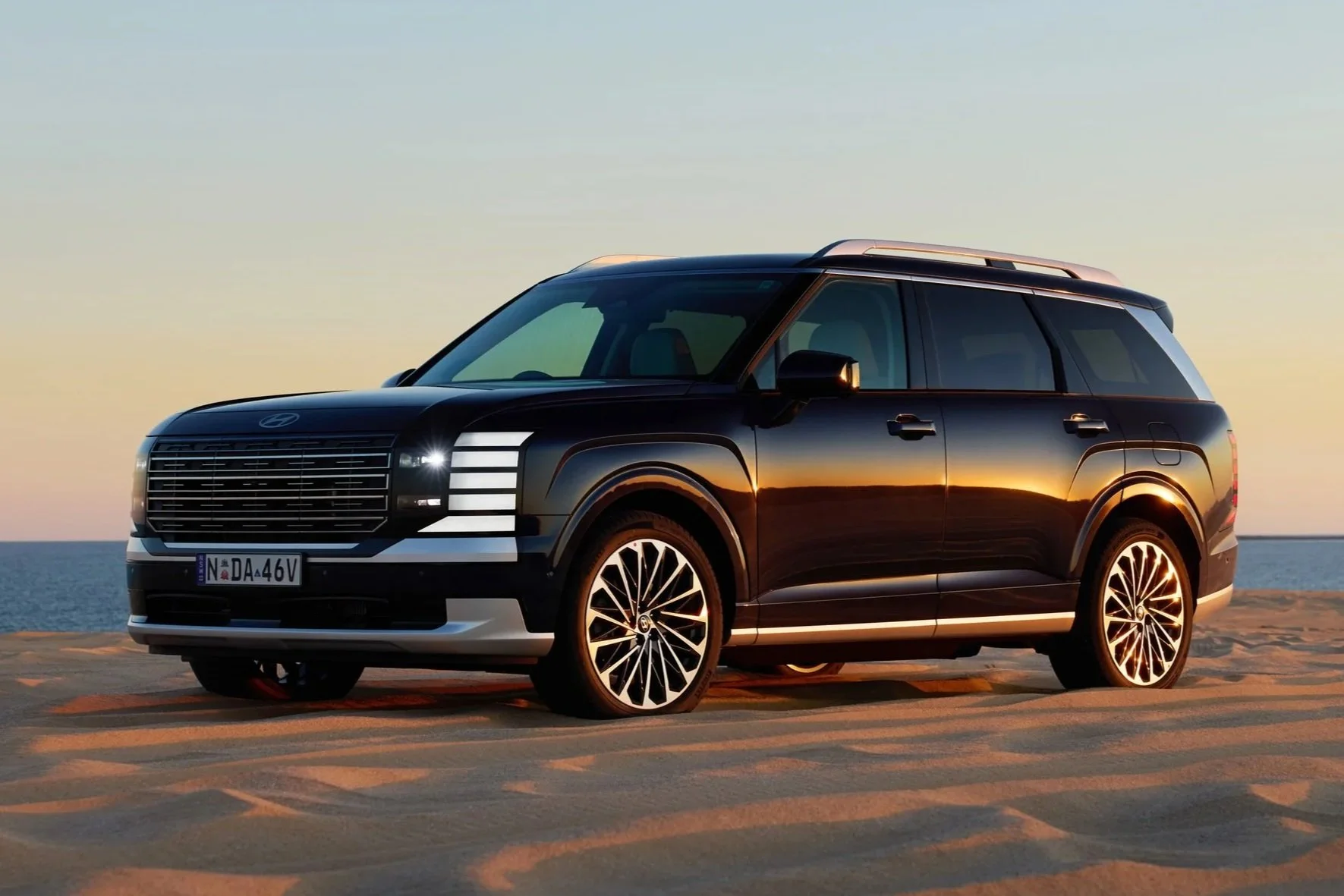
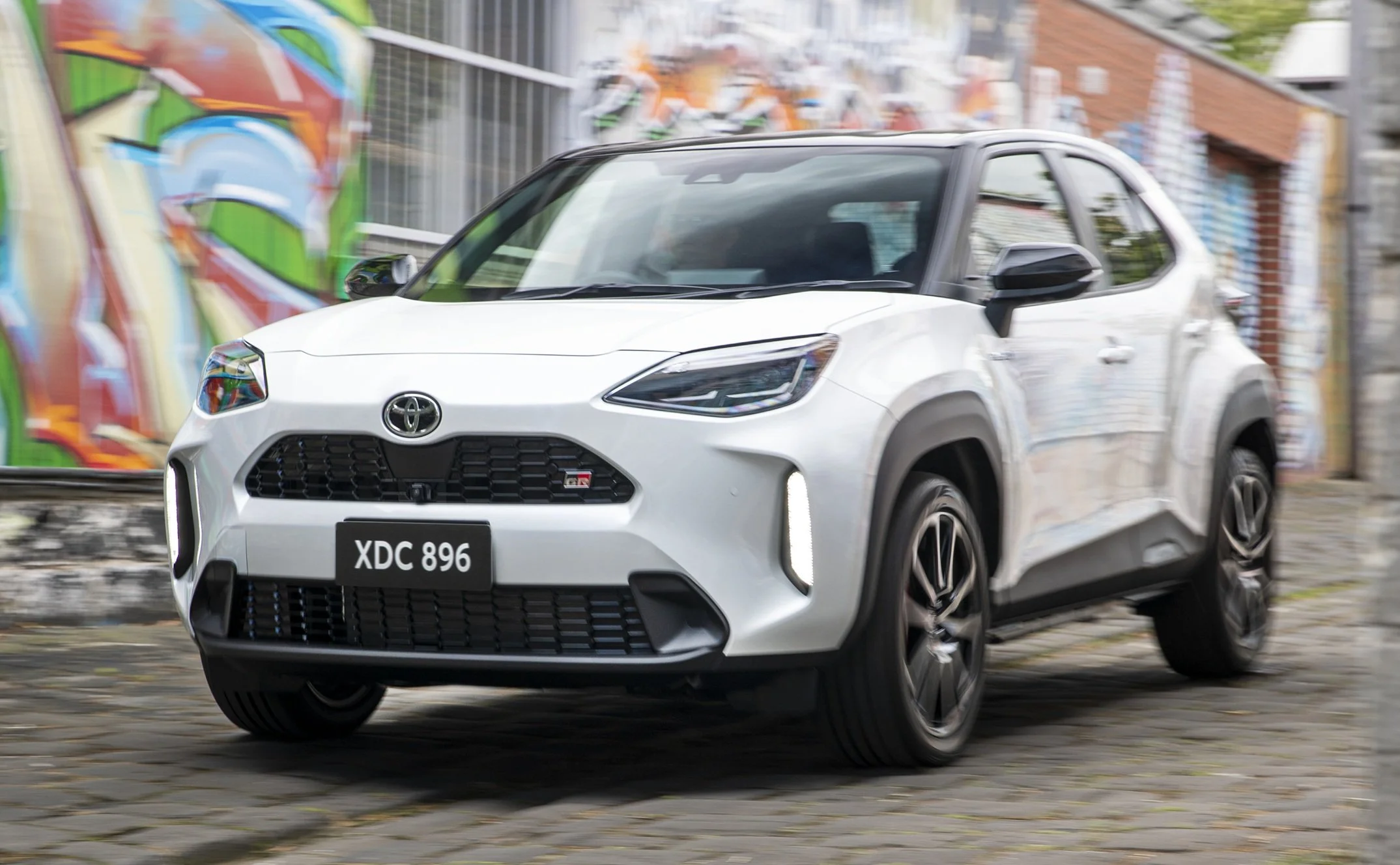


Just because a ute is cheap, that doesn’t mean it’s worth the money. Is the GWM Cannon more than just a cut-price Ranger wannabe? Can it offer towing, off-roading capability and robust design to compete with the big brand dual-cab utes like Hilux and Triton?